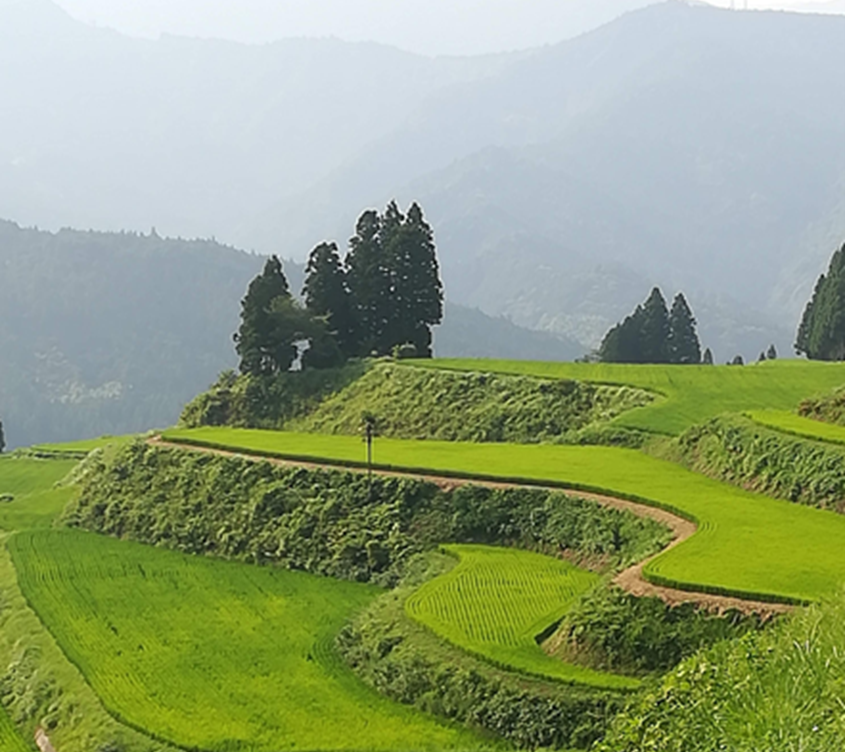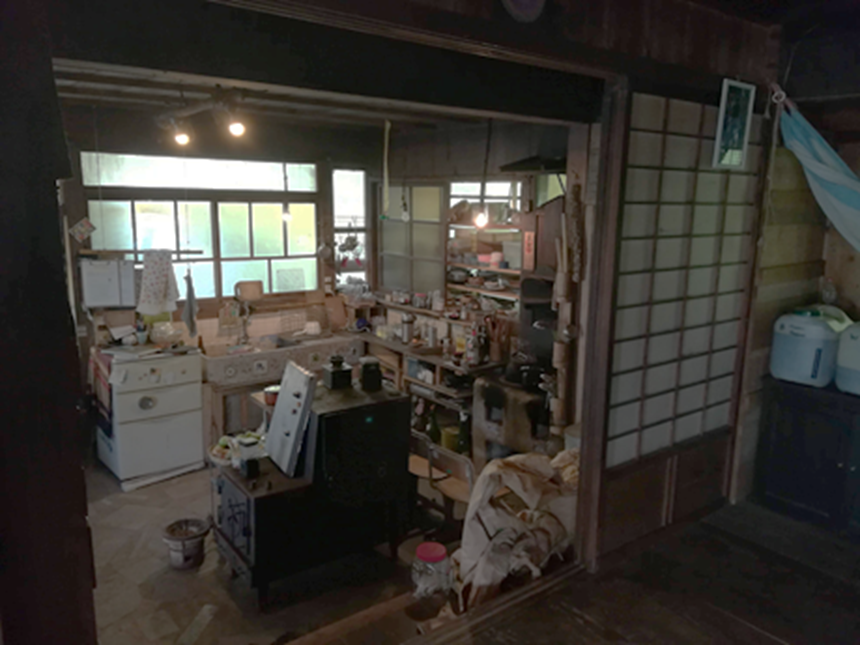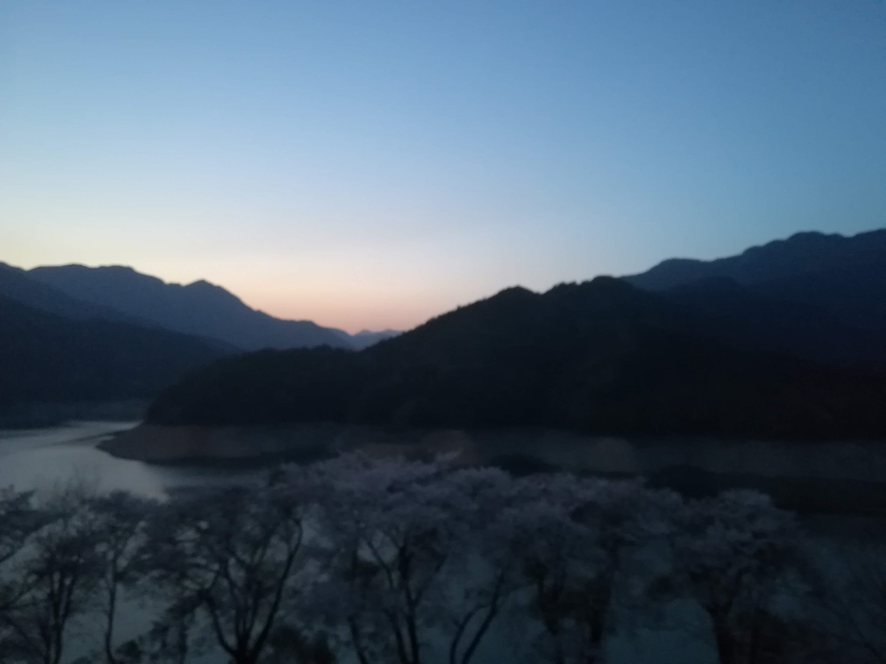by Lise Sasaki
In a rapidly ageing and depopulating society, Japanese women are facing unprecedented challenges to maintain their economic and social status. Their situation has worsened due to the increase in female unemployment in the wake of the COVID-19 pandemic. Exacerbated by the pandemic, derailing career paths are typical experiences for women in Japanese society. On top of this, political and societal pressure to perform as working women and to fix the declining birth rate can be overwhelming for many women. In 2018, my engagement as a research assistant led me to Tosa-chō in Kōchi Prefecture, where domestic migrants (ijūsha), among them many women, have settled, started families and developed a sense of belonging. In a rapidly depopulating post-pandemic Japan, where women face the brunt of economic decline and are less likely than ever before to start families, I have been eager to understand why migrants move to rural areas to raise children.

Copyright © Lise Sasaki 2023
Tosa-chō is a town in Kochi Prefecture with about 3,500 residents. 40% of the population is aged 65 or older, and the population has declined by 50% over the past 40 years to 3,803 people (Tosa-chō 2020). This rural mountainous area is remote, with the nearest city, Kōchi City, one hour away. Tosa-chō’s population is widely scattered across the town’s 15 districts.Some of the more remote villages have fewer than 15 inhabitants. It is almost impossible to access some of these villages without a car, as they are located deep in the mountains, far away from the more populated villages in the valley. It can take more than one hour by car from some of these villages to a public facility such as a post office or town hall.

Copyright © Lise Sasaki 2023
I have become close with a few ijūsha women who have moved to Tosa-chō for various reasons like seeking refuge after the Fukushima nuclear disaster in 2011, pursuing serenity amidst the pressures of urban living, and desiring healing within the lush green and the flowing waters of Tosa-chō. The town is known to have one of the most beautiful rivers in the country. While none of these ijūsha women expressed they had ‘lost’ themselves in their past urban city lives, it seemed Tosa-chō served as an avenue to cultivate an identity they were in search of. It became evident that their sense of belonging was nurtured through strong interpersonal connections. Ijūsha women viewed rural lifestyles as ideal, and while they envisioned a hybrid, tranquil lifestyle, they set out to connect to the land and the locals. This ideal life was most evident when I observed their kitchens, where migrant women chose old-fashioned kitchens over contemporary system kitchens. Utilizing the Kamado (Furnace Stoves) instead of gas stoves and handed down wooden cabinets instead of contemporary all-in-one cabinets exemplified their carefully constructed living spaces and atmospheres through cooking and homemaking.

Copyright © Lise Sasaki 2023
Embraced warmly by older residents of the town, the newcomers are initiated into a culture rooted in communal care and mutual support, exemplified by practices such as osusowake (sharing food) and village rituals. I wondered whether their quest for belonging extended beyond mere communal ties to encompass a more profound yearning for love, nurturance and care bestowed by others. A recent conversation with a close friend who moved to Tosa-chō ten years ago to raise her children emphasized the importance of physical closeness in experiencing love. For her, love is felt deeply when you can touch and feel it, so that you sense intimacy and warmth. “In cities,” she said, “where is the time for each of us to feel this warmth between us?” In an increasingly digitalized society, she believes the virtual world somehow lacks emotional connection, perhaps because it is a physically individual activity that is not shared. But in Tosa-chō, the human-to-human connection remained and she was able to experience physical connections and empathy every day. At the same time, she also pointed out the tensions between the young ijūsha and the locals: “I love it here, I really do … but now that I’ve been here for almost 10 years, I sometimes feel the need to breathe.” This statement and my own experiences in Tosa-chō made me think about the permanence of these social bonds. I experienced the rapid spread of information by word of mouth myself. If I ran into a friend at the market, a mutual friend would often check in with me a few minutes later and kindly remind me that the vegetables I had bought were cheaper at the farmer’s market three miles away. Stories and information seemed to spread faster and further, and I remember a sense of invasion of my personal space. Against this backdrop, I am curious to explore how ijūsha women achieve a balance between connectedness and autonomy as they navigate the complexities of belonging in Tosa-chō. I am particularly interested in the shifting forms of belonging in this digitalized society, to explore the ways in which rural life is dissolving into new ways of living that provide a sense of healing for ijūsha women.
References
Kōchi Prefecture Tosa-chō Home Page (2020). Tosa chō. Retrieved from http://www.town.tosa.kochi.jp/ Last accessed May 2024.
Lise Sasaki is a freelance researcher who has worked on projects at UCL Anthropology and Osaka University. Her research explores the redefinition of female identity and its implications for motherhood in contemporary Japan.
